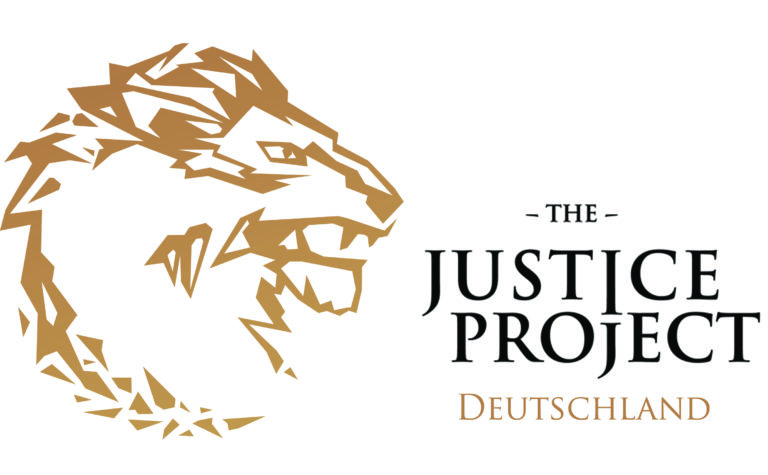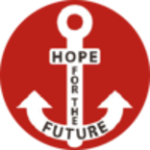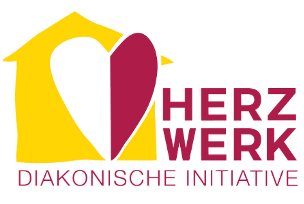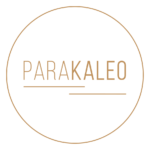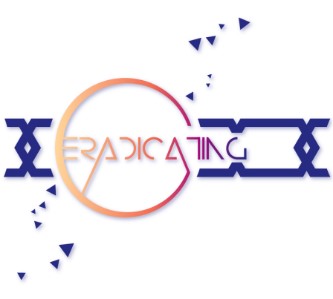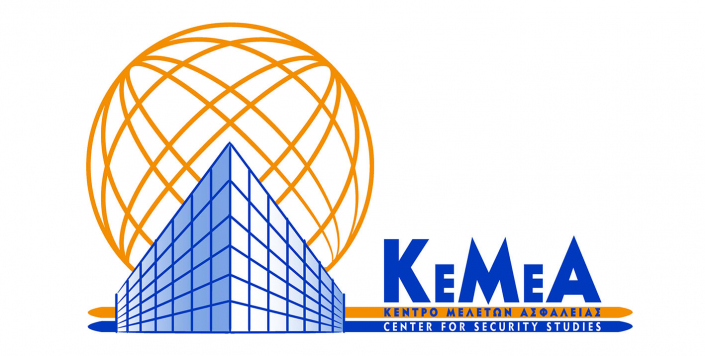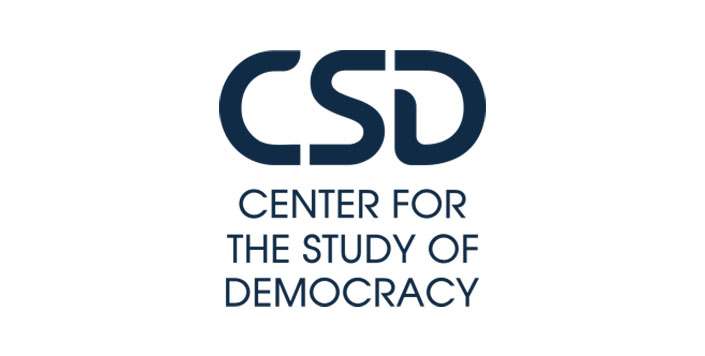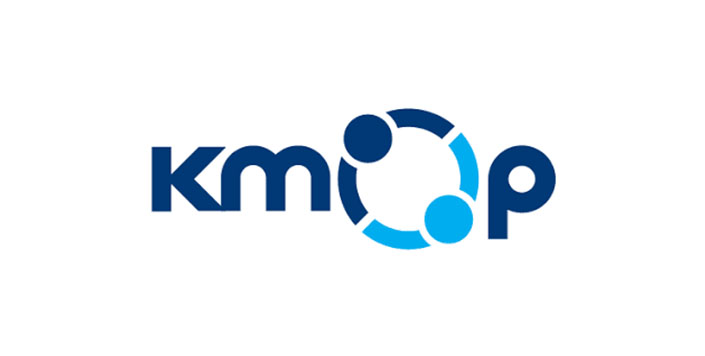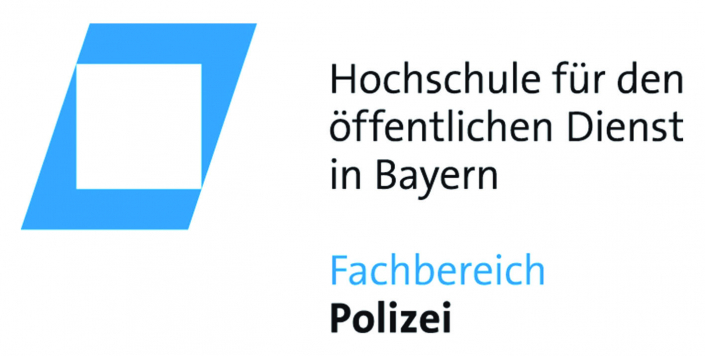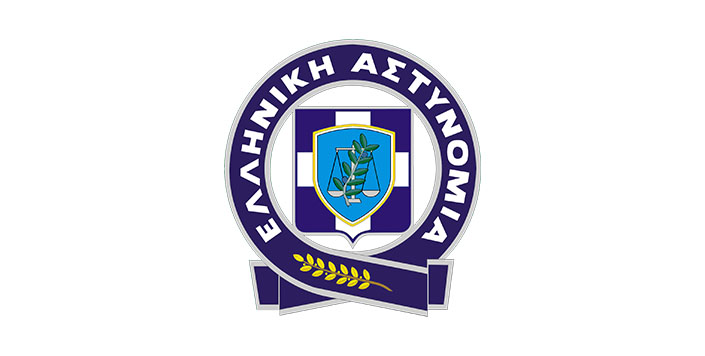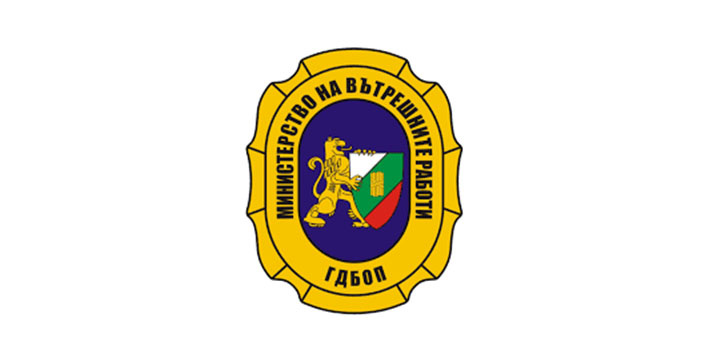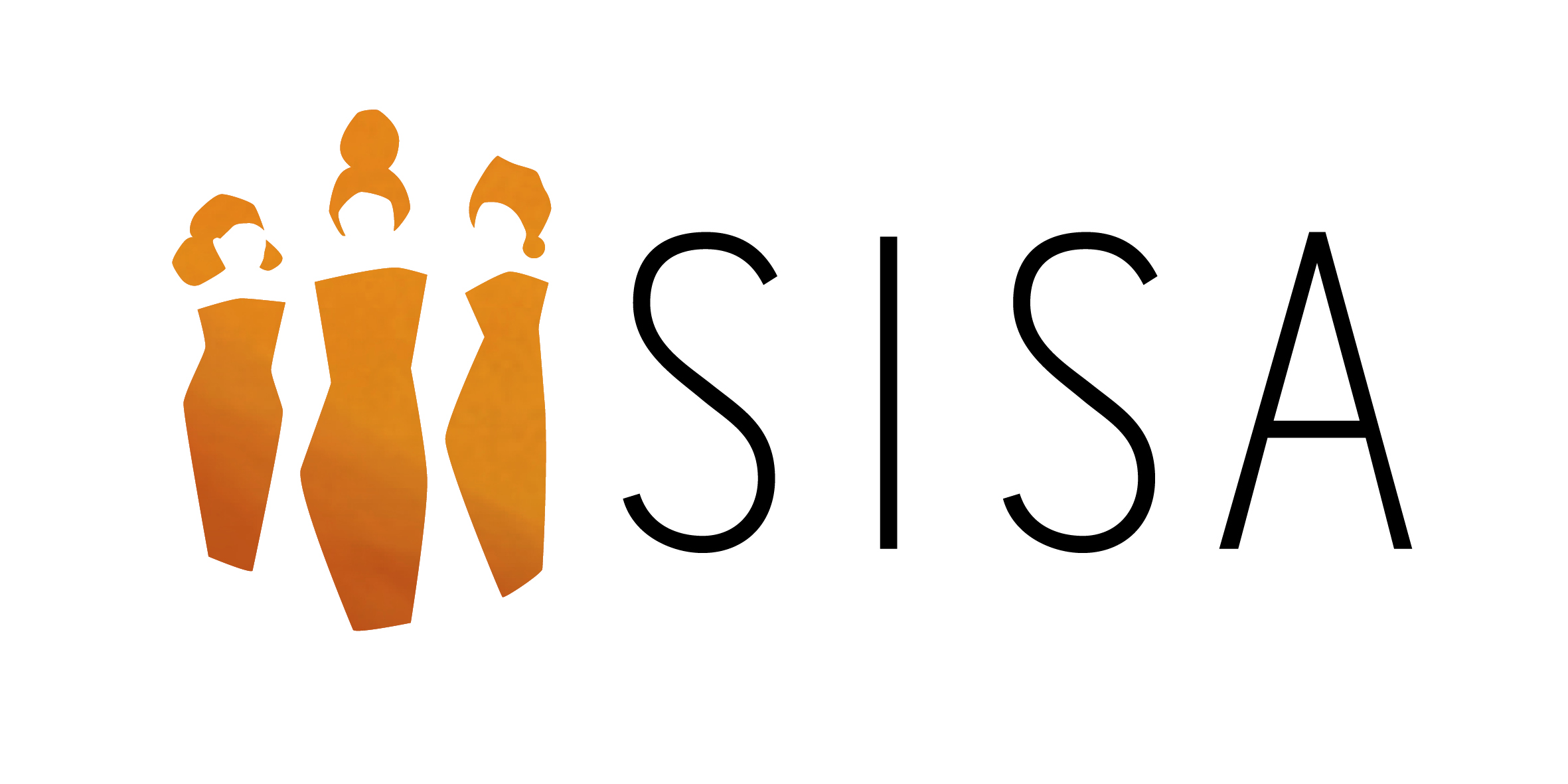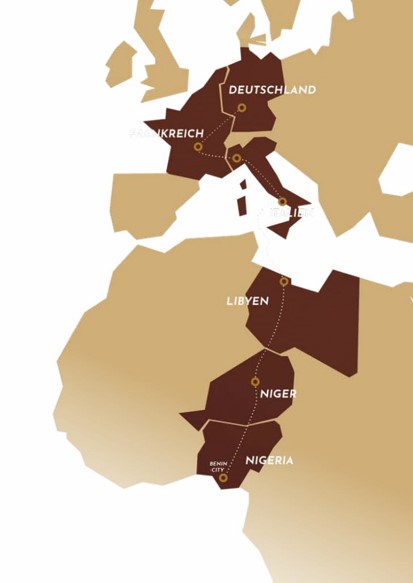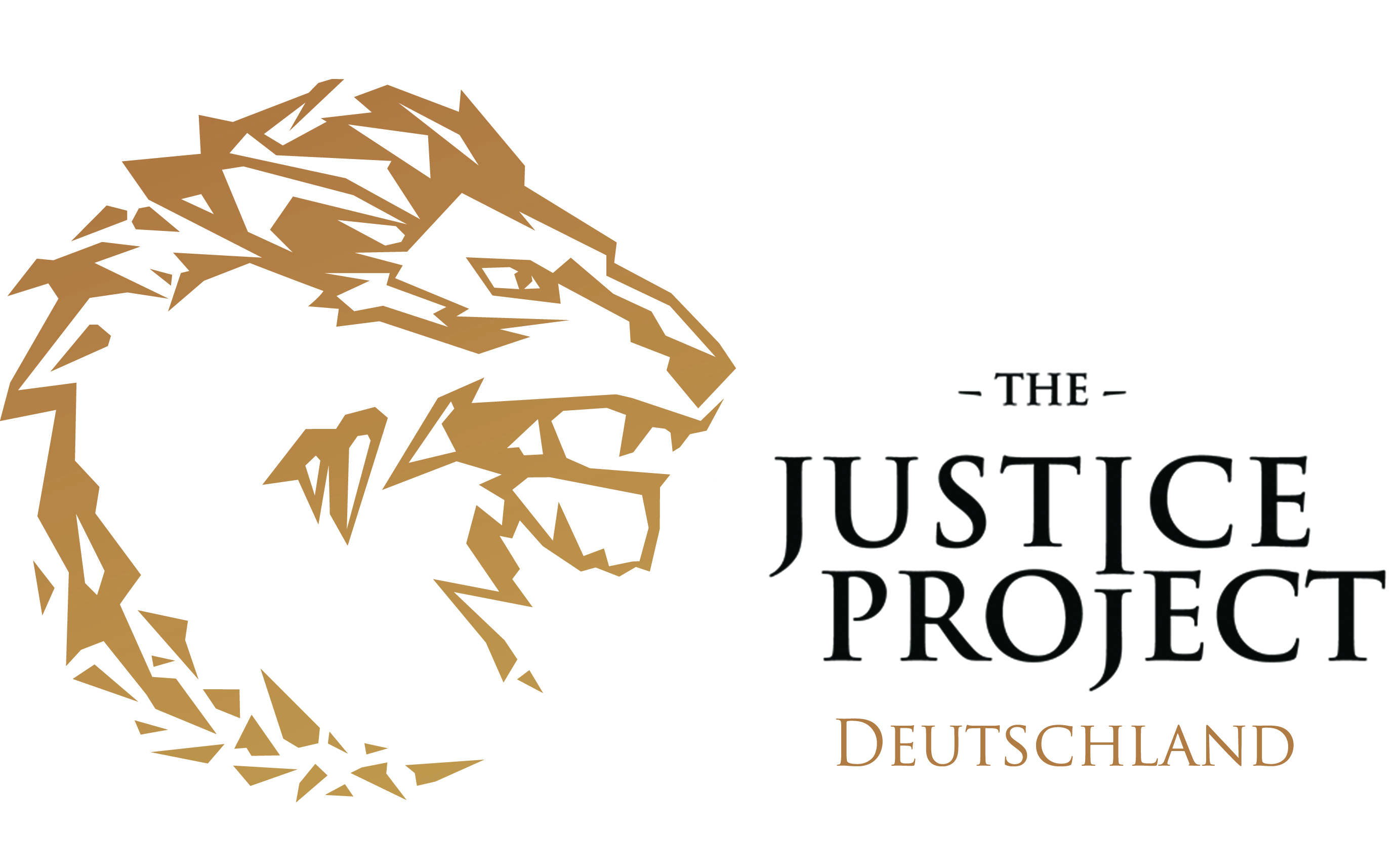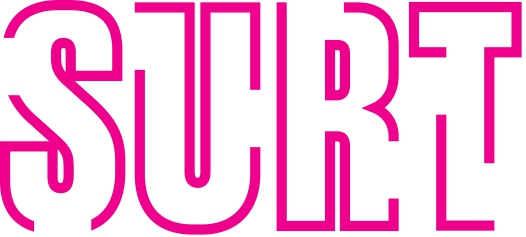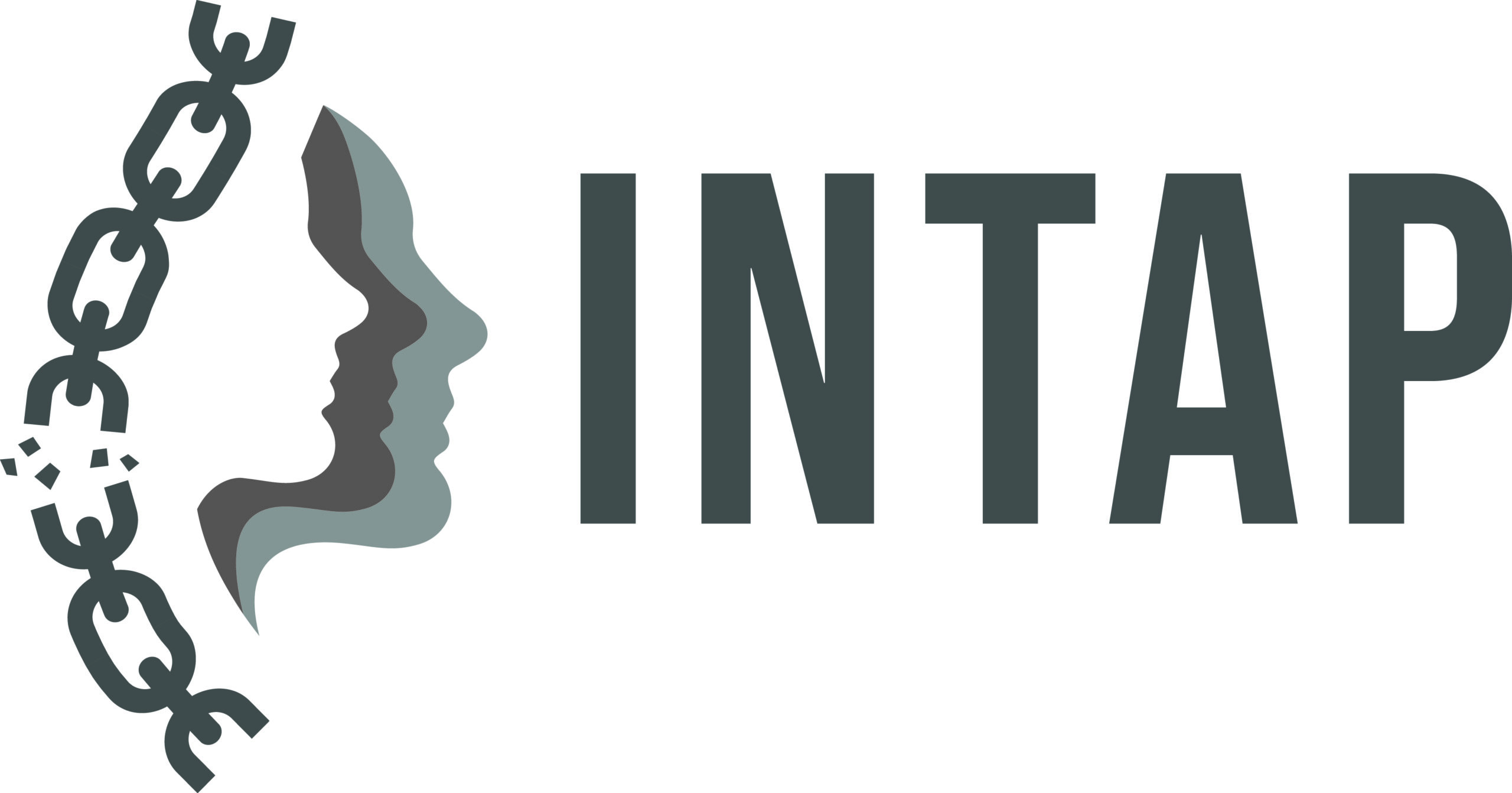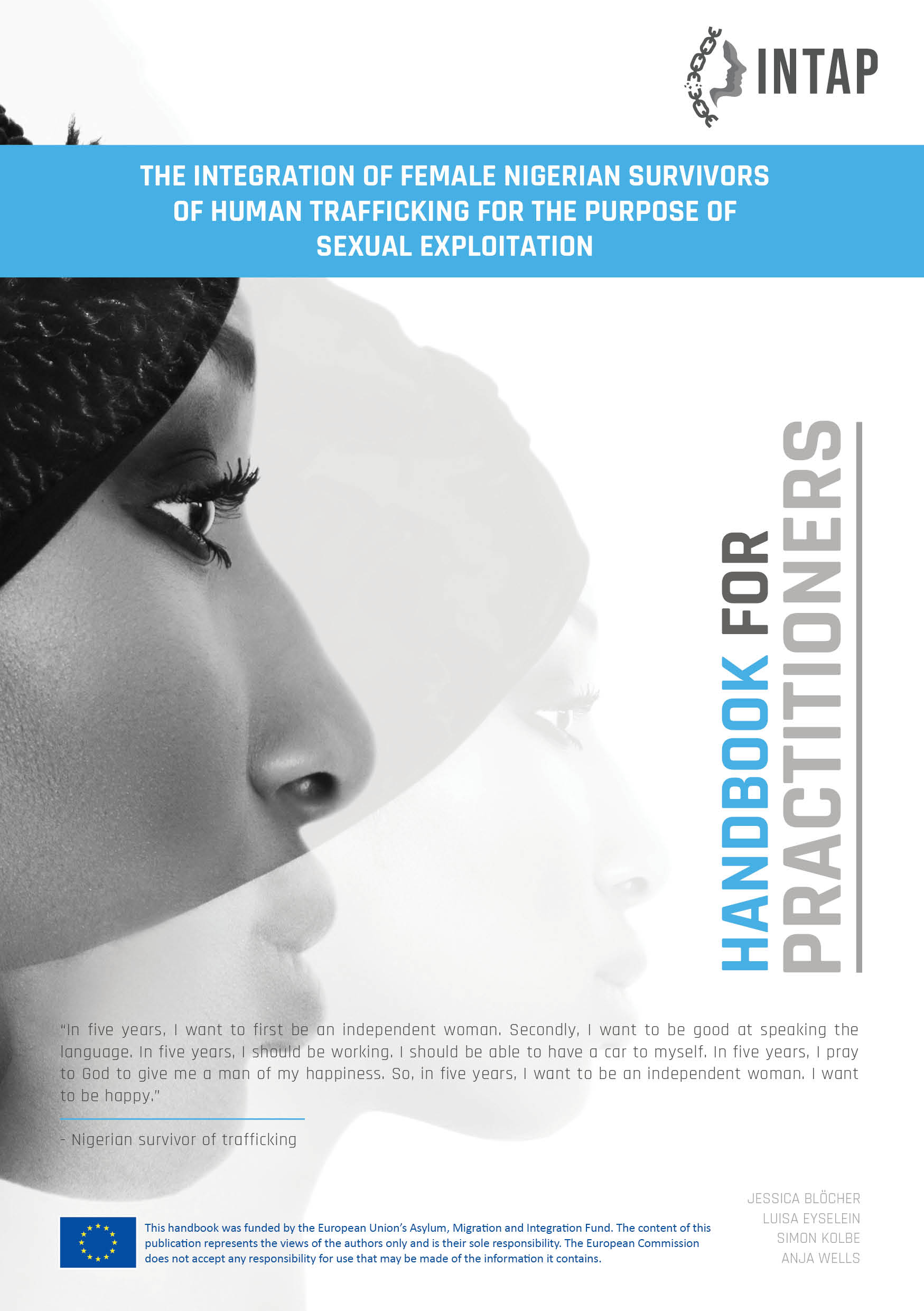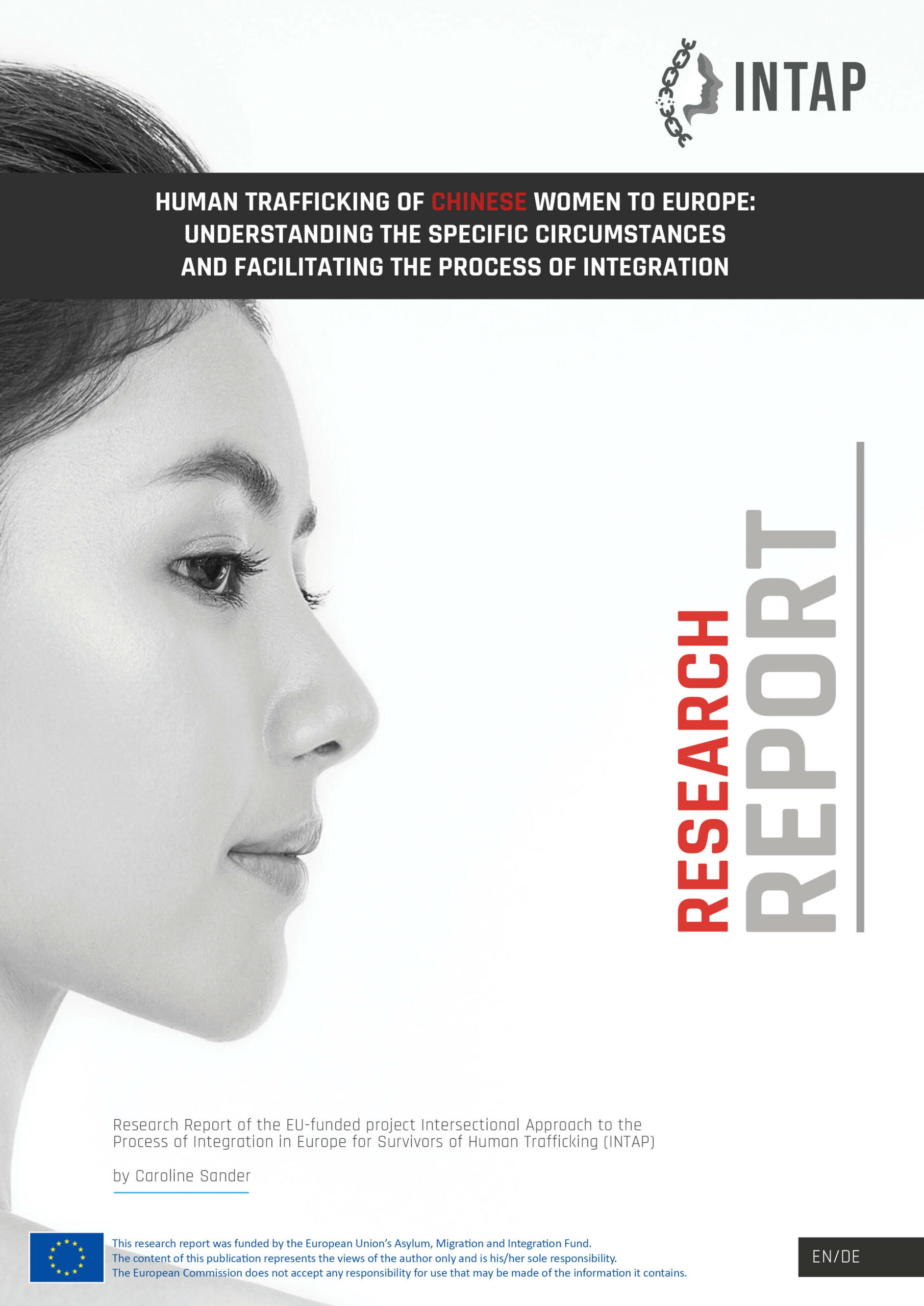
Empowerment of persons in prostitution through vocational integration
On January 1, 2022, we started our EU-funded project „EVI“. The EVI network serves to develop promising training and transition opportunities for women working in prostitution who are seeking a career change.
To achieve this goal, we form local networks: with partners from the business community as well as public and private social institutions, we close existing gaps in provision for the target group and offer needs-oriented support on the way to a new working environment. The professional empowerment of the individual is our focus. Our partner companies play a key role in this: only they can provide the necessary low-threshold access to the labor market.
Initially starting as local networks in Karlsruhe, Nuremberg and Vienna in a two-year project, we will build on our GIPST project to provide best-practice examples and guidelines so that networks can be developed and established in numerous locations.
As a strong network, we can thus make a decisive difference in the professional development of women from prostitution who have been affected by violence – in order to create a successful entry into a safe/new working environment together with them and for them.
Together with our partners The Justice Project in Karlsruhe and Parakaleo in Nuremberg as well as Herzwerk and Hope for the Future from Austria, we want to „empower“ victims of gender-based violence in the field of prostitution through work integration.
Project website: https://evi-europe.eu
Promote interagency cooperation against trafficking in human beings
Our project goals:
- Support capacity building and training of law enforcement and prosecutors, labor inspectors, financial investigators, and social service providers
- Strengthen cross-border joint ventures and facilitate information sharing among law enforcement, government agencies, and relevant organizations
- Raise user awareness of human trafficking to improve prevention and identification mechanisms and end the culture of impunity
During the two-year project period, a training manual for dealing with trafficking cases was produced, as well as a practical guide with all procedures for protecting victims of trafficking, useful gender-specific and victim-oriented communication tips, and assistance and support structures for victims of trafficking. The materials refer to the project countries Germany, Greece and Bulgaria and are available in the respective national languages in addition to English.
Our project partners from Germany, Greece and Bulgaria:
- KEMEA Center for Security Studies (Ministry of Citizen Protection) – Athens
- Center for the Study of Democracy – Sofia
- Social Action and Innovation Centre – Athens
- Hellenic Police – Athens
- General Directorate „Combating Organased Crime“ (Ministry of Interior) – Sofia
- University of Applied Sciences for Public Service in Bavaria (Department of Policing)
Project Website: https://eradicate-thb.eu
Identification and integration of trafficked persons from West Africa
Together with our five partners The Justice Project, SOLWODI, APG23 from Italy, SURT from Spain and Simon Kolbe from the University of Eichstätt-Ingolstadt, we were able to carry out the work on the EU-funded project „SISA“ from January 2021 to December 2022. The goal was to facilitate the early and proactive identification, protection, support and integration of female West African trafficked persons through a peer-to-peer identification and peer mentoring program.
Together, we built a Europe-wide NGO network of counseling centers for trafficked persons that are willing to take in Dublin returnees after their transfer (deportation under the Dublin Regulation) and provide them with further support. The Dublin III Regulation states that an asylum application must be processed in the EU member state where it was filed. There are only a few conditions that undermine this rule, such as family members in another EU country. Asylum seekers who have applied in Italy, for example, and then moved on to Germany are therefore normally returned to Italy. For trafficked persons, this can be associated with great danger and retraumatization, as the sexual exploitation usually took place on the street prostitution in Italy and the secondary migration to Germany was an escape from the trafficking network.
Through the direct transfer to another NGO, retraumatization and revictimization should be minimized. 18 organizations from 7 countries are already part of the network and many clients could be helped successfully.
Project website with the developed manuals: www.sisa-europe.eu
An Intersectional Approach to the Integration Process of Trafficked Persons from China and Nigeria.
The goal of the research project was to improve the integration of Nigerian and Chinese survivors of trafficking for sexual exploitation and to make current integration systems more effective.
Using a culturally sensitive, victim-centered, intersectional approach, the project aimed to find lasting solutions for the integration of Nigerian and Chinese third-country nationals. The aim was not to create new integration programs, but to adapt or, where appropriate, improve existing practices.
Especially for the practical work of persons coming into contact with affected persons, two project manuals have emerged from the project, summarizing best practices and solution approaches from the research reports.
These and all other materials and information about the project can be found on the project website www.intap-europe.eu
Integration program for trafficked persons in Germany and Bulgaria
The three focal points were:
- Identifying previously unknown locations (within the project in Berlin, Hamburg and Stuttgart) where possible victims of trafficking for sexual exploitation are located and informing new potential victim groups (e.g. refugees) as well as educating relatives about the dangers posed by traffickers.
- The integration of identified affected women in Germany through a comprehensive Kompass program in Berlin, which aims to provide reorientation through mentoring, daily living skills, 3-month internship and job entry. In the project’s focus country – Bulgaria (Sofia) – the comprehensive Kompass program was also implemented.
- For affected persons who do not want to or cannot stay in Germany: Preparation and accompanied return of the affected persons to their country of origin (or another country) and further support and integration by partner organizations on site.
Project Website: www.gipst.eu
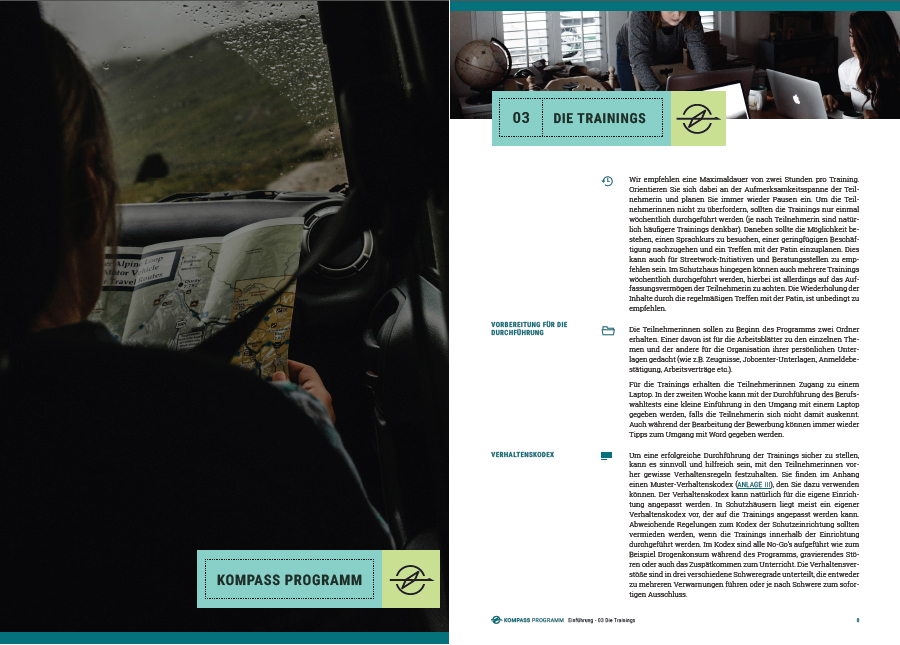
The Training Manual „Compass“ aims to fill the possible educational gaps of trafficked persons and sexual exploitation in order to be able to participate in working life.


